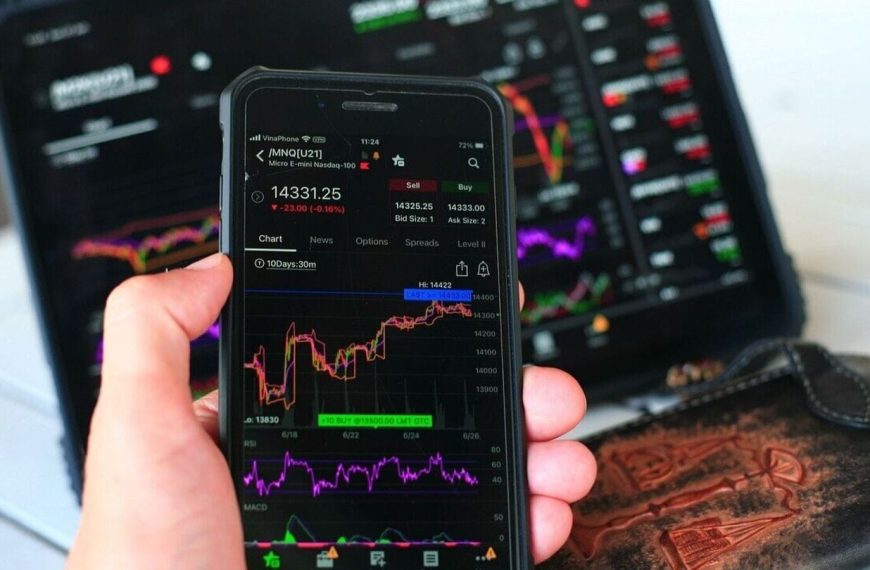The Indian stock market experienced a significant downturn on Wednesday, April 9, particularly within the metal sector. As tensions escalate between the United States and China, fears of a global economic slowdown are mounting. The Nifty Metal index plummeted by 2.5%, marking a troubling week that has seen a decline exceeding 8%. This comes after a 7.5% drop recorded the previous week, with the index reaching a 52-week low as recession concerns grow.
Trade Tensions Impacting Metal Stocks
By 11:45 A.M., every one of the 15 stocks in the Nifty Metal index was in the red. Leading the decline was Lloyds Metals & Energy, which fell by 6%. Other notable companies, including Welspun Corp, NALCO, Jindal Steel & Power, and Tata Steel, also faced losses ranging from 3% to 5%.
U.S.-China Tariff War Escalates
The sharp decline in metal stocks can be attributed to the recent decision by the Trump administration to implement an additional 50% tariff on Chinese imports. This new tariff structure, effective April 9, follows previous tariffs imposed by the U.S., which included a 20% tariff in March and a 34% increase last week. The cumulative effect of these tariffs has resulted in a staggering 104% tax on certain Chinese goods.
- Key Points:
- The U.S. and China account for 45% of the global GDP.
- Copper prices on the Shanghai Futures Exchange hit an 8-month low amid these tensions.
- Crude oil prices also fell to a 4-year low due to increasing demand concerns.
Broader Economic Implications
The ongoing trade war raises serious questions about demand for essential commodities like copper and zinc. As both nations grapple with potential economic slowdowns, concerns are growing that these tariffs may hinder China’s recovery from the COVID-19 pandemic. In response, China has initiated substantial stimulus measures to mitigate any adverse effects, emphasizing their commitment to "fight to the end" in this escalating conflict.
Global Economic Effects of Tariffs
The tariffs imposed by the U.S. have not only affected China but have also prompted higher import costs for U.S. consumers, particularly from nations like the European Union and Japan. With negotiations between over 70 countries reportedly underway, investor sentiment remains cautious amidst the uncertainty.
- Recent Developments:
- New tariffs are now in effect, impacting various economies.
- Trump continues to encourage Americans to "hang tough" during this challenging period.
Conclusion
As the trade situation between the U.S. and China evolves, the ripple effects on the global economy are becoming increasingly evident, particularly for metal stocks in India. Investors are advised to stay informed about ongoing developments, as the outcome of this trade war could have significant implications for market stability and economic growth worldwide.











